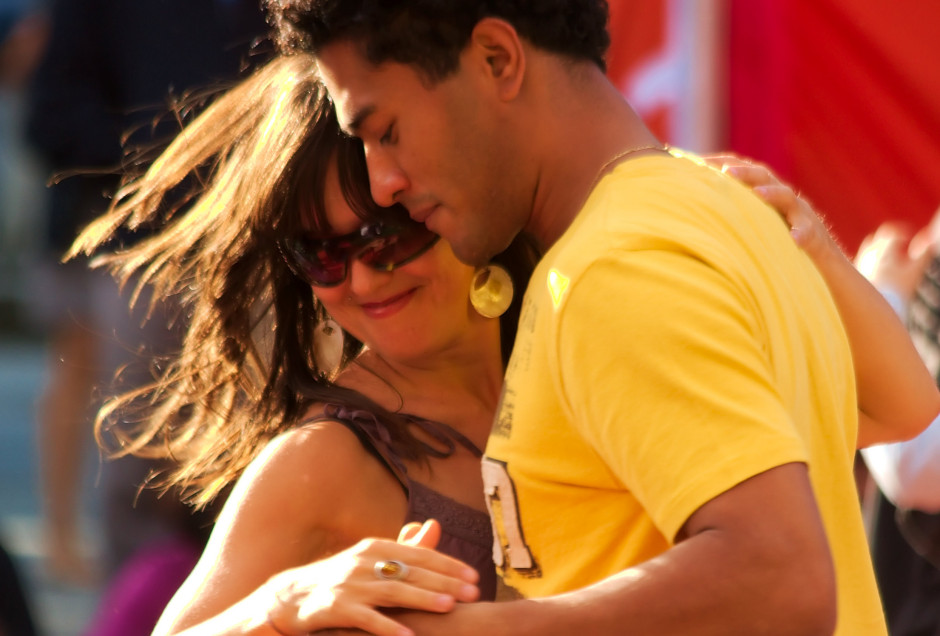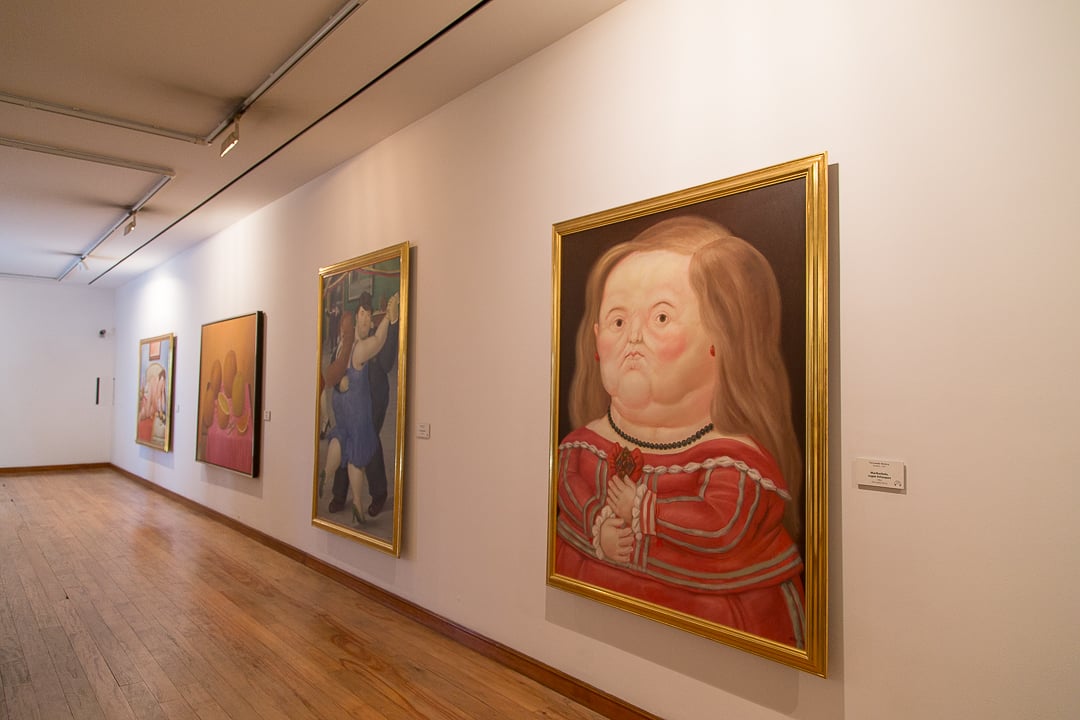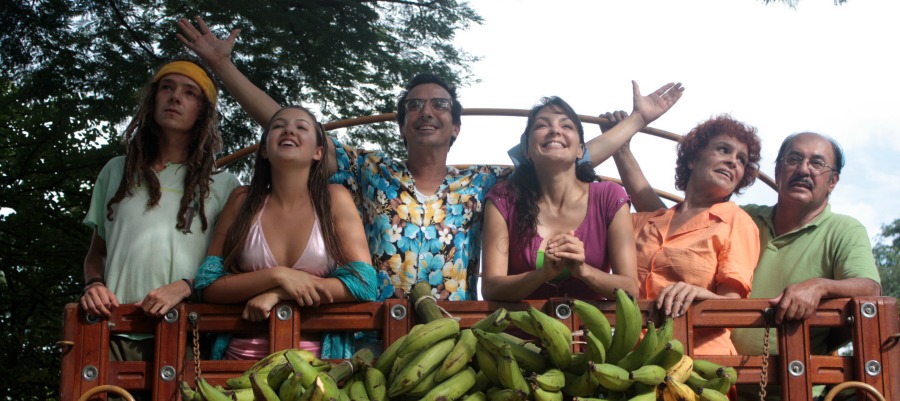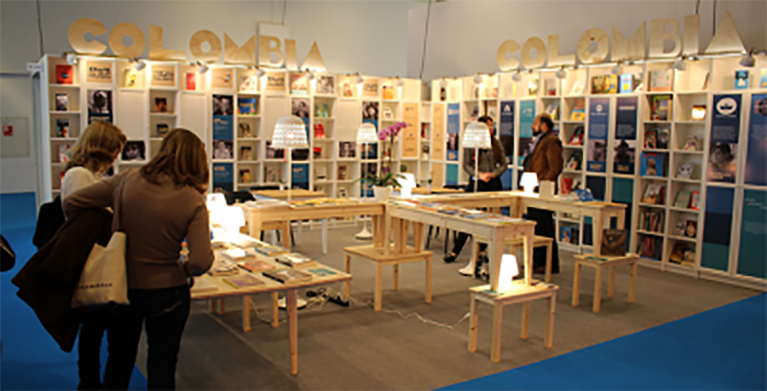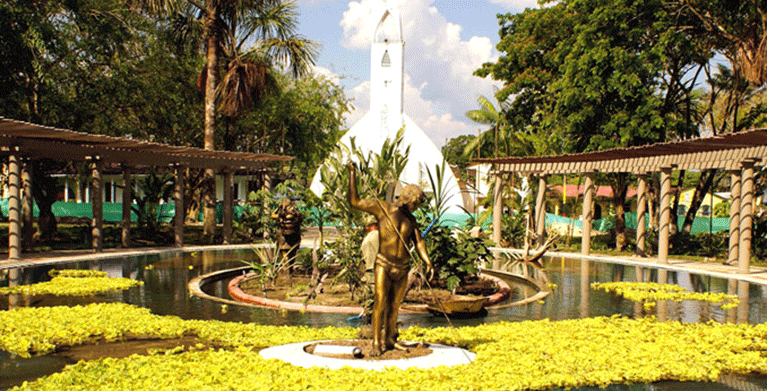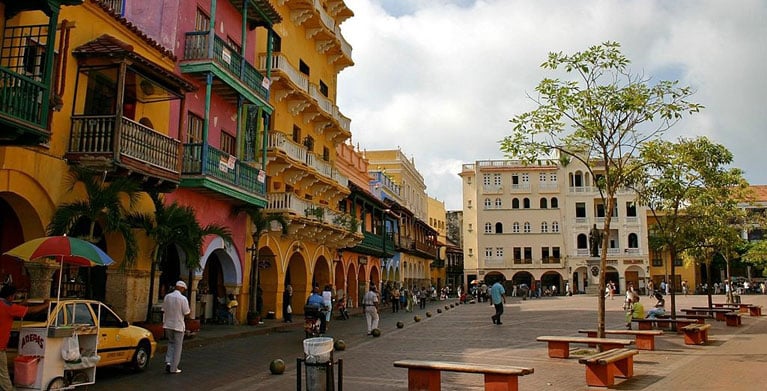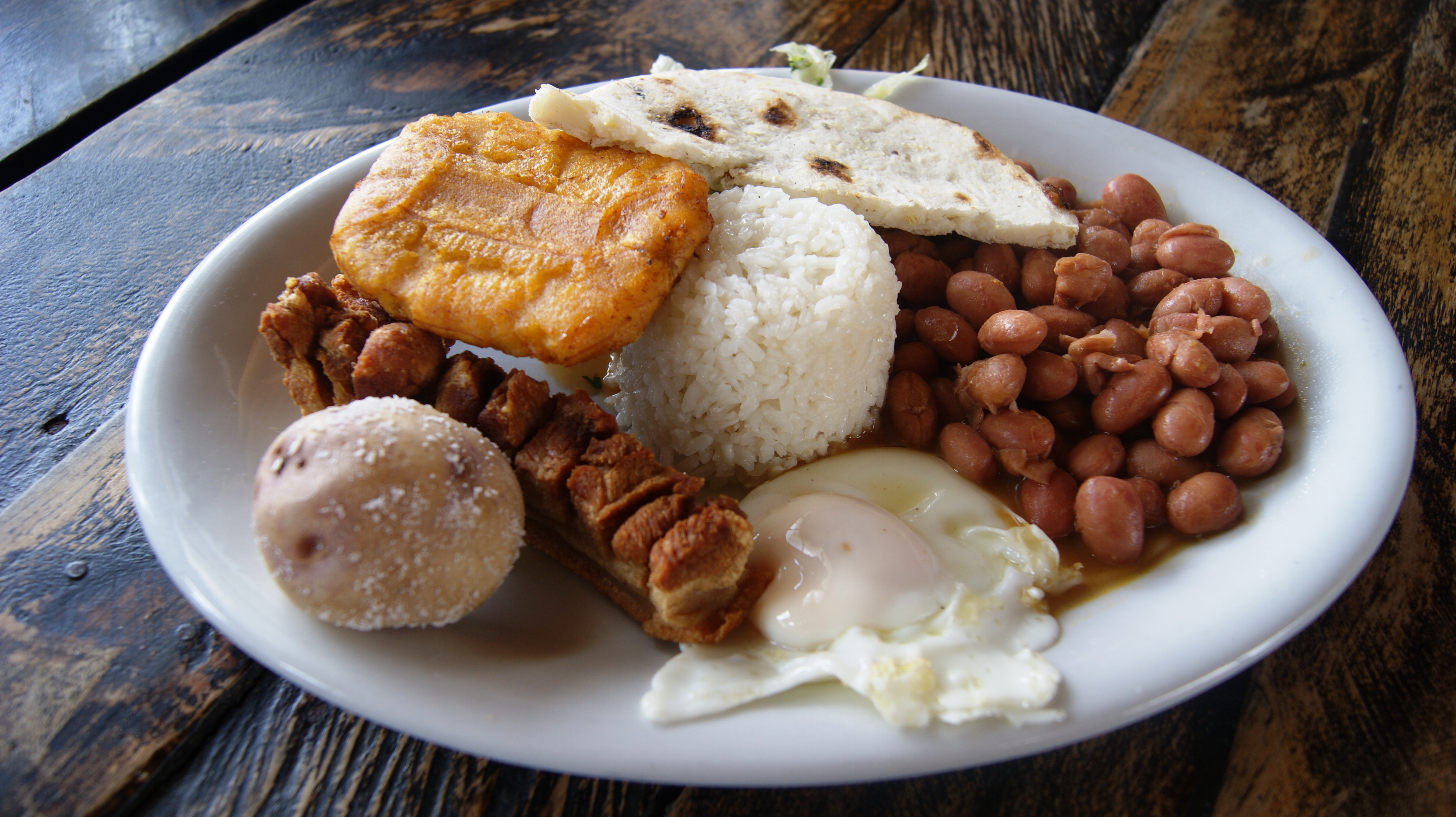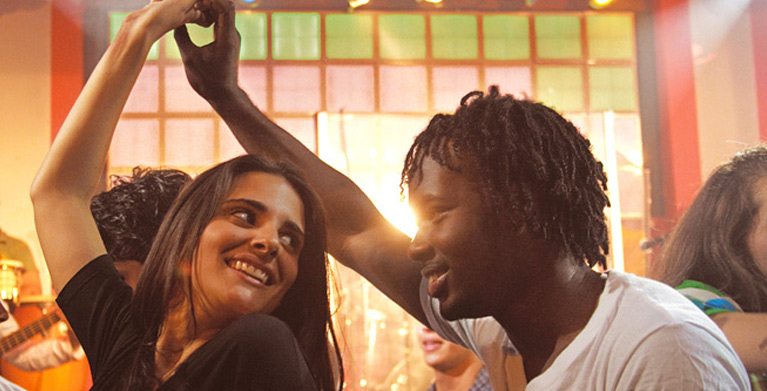Basic expressions
mujer y hombre se miran sonriendo mientras chocan los puños de sus manos.
Crédito: WAYHOME studio
Chévere/bacano
These are all ways to say that something is great, awesome or cool.
¿Te cortaste el pelo? ¡Qué chévere – Did you cut your hair? How cool!
Ella es muy bacana. – She is really cool.
Deli
In Colombia, “deli” is not a sandwich store, but rather a cute way to say something is delicious.
El postre está deli. – The dessert is delicious.
Listo
The word listo literally means “ready,” but is also used in Colombia to say “okay!”
¿Nos vemos por la tarde? ¡Listo! – See you this afternoon? Okay!
Pues
In Colombia, this filler word is the equivalent of “well.”
¡Vamos pues! – Well, let’s go.
Rumba
A rumba is, plain and simple, a party. Rumbear is also a verb, meaning “to party.”
Vamos a rumbear este sábado. – We’re going to party this Saturday.
Tenaz
To say something is especially difficult or challenging, use this expression.
La carrera estuvo tenaz. – The race was challenging.
Tinto
Be careful, in Colombia a tinto isn’t a glass of wine, as it is in other parts of Latin America. In Colombia, a tinto is a small, black cup of coffee.
Un tinto, por favor. – A black coffee, please.
Vaina
This word is used in a number of different contexts. It can be used to describe stuff, or a thing. It can also be used to say “too bad,” or to lament a difficult situation.
¿Qué comiste? No sé, una vaina con queso. – What did you eat? I don’t know, some cheese thing.
El perdió su pasaporte. Qué vaina. – He lost his passport. Too bad.
También te puede interesar: 5 reasons why you should meet Colombian people

Friend in Colombia is a “parcero”, The Guide to Understanding and Using Colombian Slang
Friends and greetings
¿Qué has hecho?
A simple way to ask: “What have you been up to?”
Hola, hijo, ¿qué has hecho? – Hi son, what have you been doing?
¿Qué hubo?
Translated literally as “What’s happening?” In Colombia, it’s usually shortened as “Quiubo?” and means, enthusiastically, “What’s up?”
Quiubo, Juan! – Hey Juan! What’s up?
¿Qué más?
This literally means “What more?” or “What else?” But in Colombia, “Que mas?” is perhaps the most common way to ask, “How are you?”
Hola! ¿Qué más? – Hi, how are you?
Todo bien
This phrase can be used as both a question and an affirmation. You can ask how someone is by saying “¿Todo bien?” If everything’s fine, you can respond with a “Todo bien.”
¿Qué más? ¿Todo bien? Si, todo bien. – How are you? Everything good? Yes, everything’s good.
Parce/parcero
The most common Colombian slang for friend, pal or buddy. (Not to be used in business settings.)
Hola, parcero! – Hi, my friend.
Vecino
This word literally means neighbor, and is a nice and common way to greet someone who’s working at a neighborhood store.
¿Cómo está, vecino? – How are you, neighbor?
También te puede interesar: 20 words that only make sense in Colombia
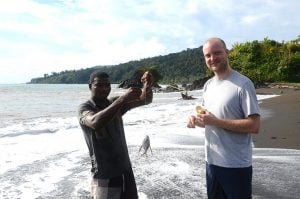
Colombian slang is kind
Formalities
A la orden
One of the most commonly used Colombian phrases, this is used in shops and on the streets to say “at your service.” It is sometimes also used to say, “You’re welcome” after business is concluded.
Con [mucho] gusto
While in the rest of Latin America, this means, “It’s nice to meet you,” in Colombia it’s used to say “my pleasure.”
Qué pena
In many Spanish-speaking countries this means “What a pity”, but in Colombia this phrase means “Sorry” or “Excuse me.”
Voy a llegar tarde. Qué pena. – I’m going to be late. I’m sorry.
Me prestas…
Commonly heard when asking to use the bathroom, such as in a restaurant or cafe.
¿Me prestas el baño, por favor? – Could I use your bathroom, please?
Me regalas…
Though this phrase literally means “Can you gift me…,” in Colombia it’s used when asking to purchase something. “Me regalas…” is also used when asking to borrow something for just a moment.
¿Me regalas un jugo de lulo? – Could I purchase a lulo juice?
¿Me regalas la sal, por favor? – Can you pass me the salt please?
The diminutive -ito/-ita or -cito/-cita
In Colombia, the diminutive is widely used in everyday speech. Used to make things smaller, and more cute and affectionate, you can use these liberally.
La mañanita – very early morning
Un postrecito – a little dessert
Mi amorcito – my love
También te puede interesar: Colombian food slang

